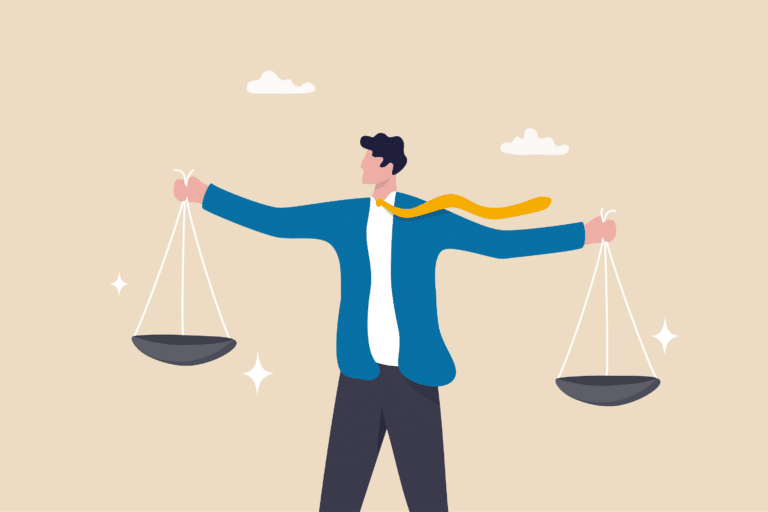
6 minute read
“Be curious, not judgemental” – Walt Whitman
You might have noticed that I love this quote, as I have shared it before. I love it because it started me thinking and has kept me thinking for months. It makes me wonder how I can better manage myself daily, show up with a curious mindset, and keep my ever-present “judge” in check.
As is the case with thinking, one thought leads to another, which got me wondering: If being judgmental is perceived as negative, then what about judgment? Is it good or bad?
Judgment is the process of forming opinions or conclusions based on the evidence or information. It is a fundamental aspect of human cognition, enabling us to make decisions, especially in leadership roles where data may be incomplete or nuanced. Judgment, by its nature, can be a neutral tool that aids in navigating the complexities of life.
However, being judgmental is defined as an unfair and harsh critique of people and situations stemming from a place devoid of understanding or the desire to delve deeper. Personal beliefs, societal pressures, stereotypes, and deep-seated prejudices can fuel this tendency.
At first glance, the distinction between judgment and being judgmental appears clear. However, isn’t judgment influenced by the same variables, including our beliefs, the societal currents we swim against, and the environment that shapes us?
This realization begs the question: do these traits not stem from similar roots, evolving based on our intent and self-awareness?
Consider this within the context of leadership. As leaders, are we striving to operate from a pedestal of omnipotence, quick to cast judgment from a self-perceived moral high ground, threatened by new ideas, or rigid in our ways? Worse yet, do we let our judgments sow discord among our teams, mistaking flawed perceptions for truth?
I suggest a different way to lead. A path of continuous self-reflection and deliberate practice to cultivate “good” judgment, underscored by a deep sense of personal accountability and heightened self-awareness.
Here are the foundational pillars to guide you through this journey:
Self-Awareness: Recognize your biases, values, and tendencies. Self-awareness is the cornerstone of emotional intelligence, enabling us to identify when we might be prone to unfair judgments and adjust accordingly.
Empathy: Foster a genuine understanding of others’ perspectives, experiences, and challenges. Empathy helps bridge divides and cultivates a team cohesion that transcends titles and siloes.
Open-mindedness: Embrace a curious and open-minded stance towards new ideas and diverse viewpoints. This openness fosters an environment where judgment takes a back seat to exploration and understanding. Learn more about setting the stage for curiosity with my other article.
Communication: Promote clear and effective communication to minimize misunderstandings that can breed judgmental attitudes. Open dialogue, active listening, and constructive feedback are pillars of a collaborative and understanding team dynamic. Explore tips on using curiosity to elevate those around you, fostering greater understanding, with my other article.
“The biggest myth of communication is that it happened” – Peter Drucker
Fairness and Equity: Anchor your decisions in fairness and equity, ensuring judgments are based on objective criteria rather than personal biases or preferences. This commitment to fairness builds trust and confidence among team members.
Continuous Learning: Dedicate yourself to ongoing learning to broaden your perspectives and enhance your critical thinking skills. Staying informed and adaptable allows for clearer, more equitable decision-making.
Accountability: Take ownership of your actions and decisions. Acknowledging and addressing judgmental behaviour is a step towards personal growth and better leadership.
Practice: Remember, these are not checkboxes but ongoing practices. Using judgment while keeping judgmental tendencies at bay is a daily endeavour, continually tested in a leader’s fast-paced, high-pressure world.
Stay Curious!